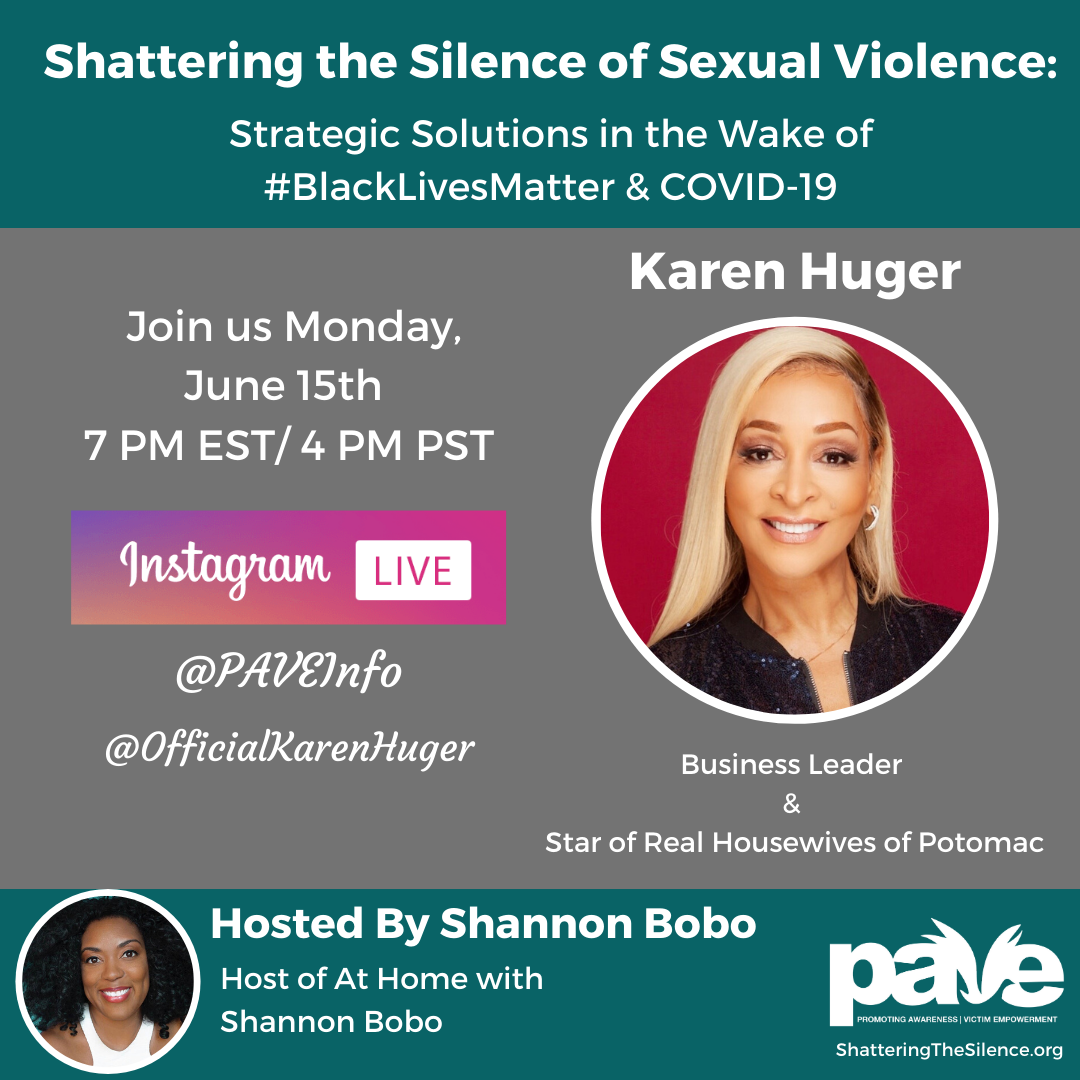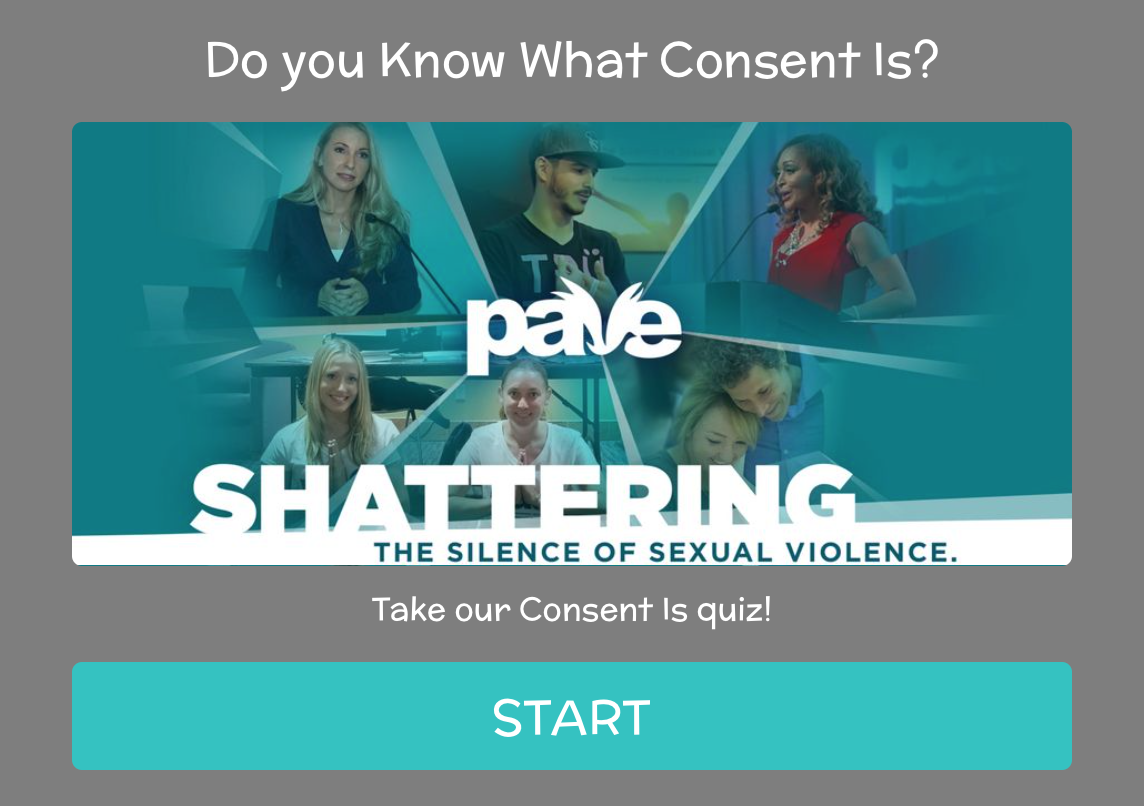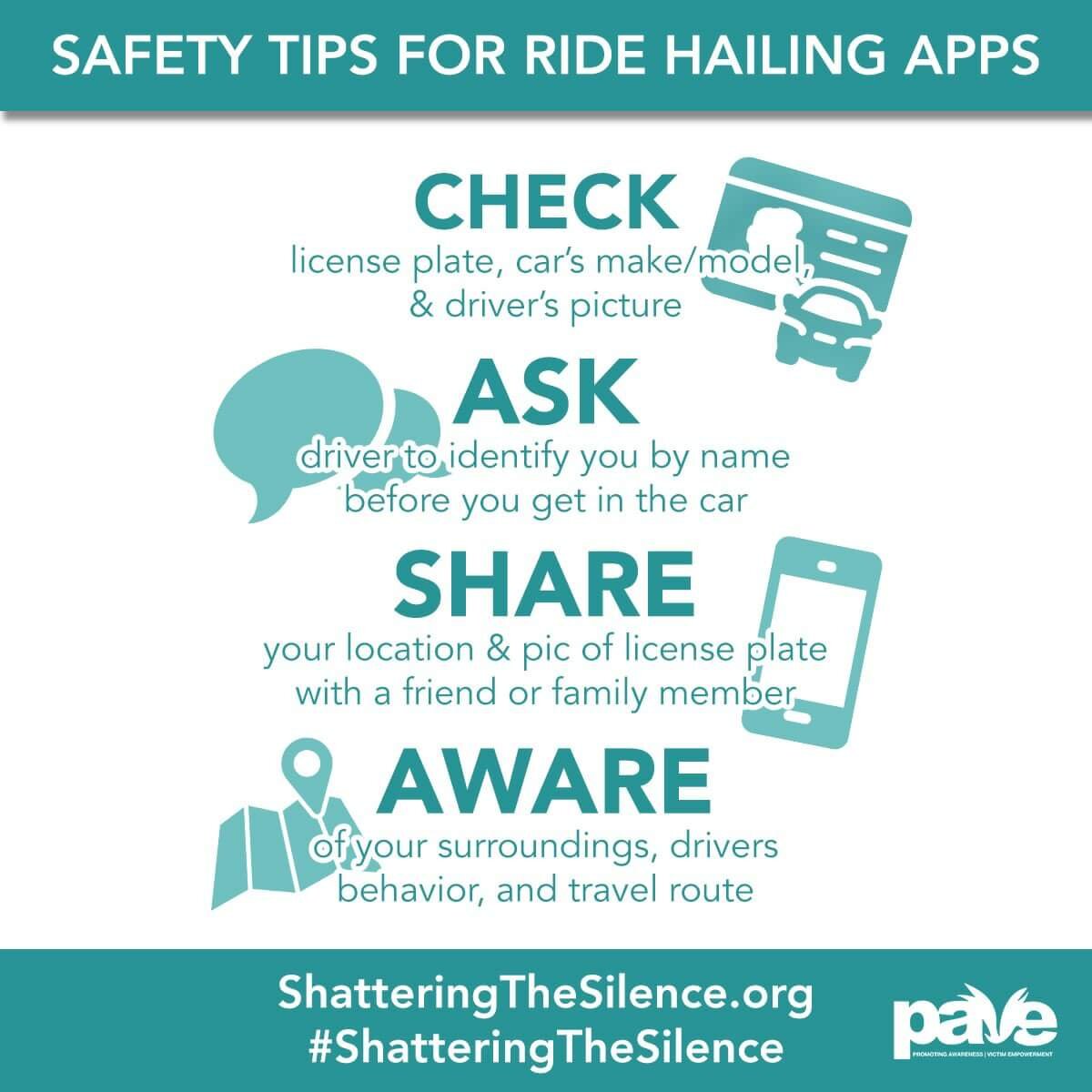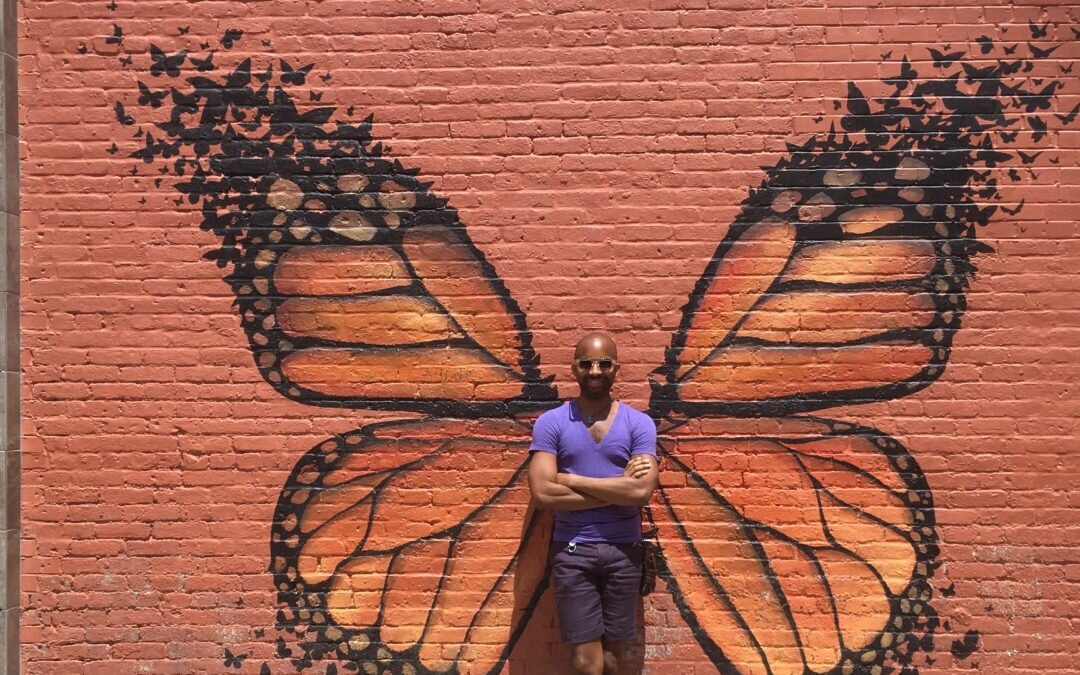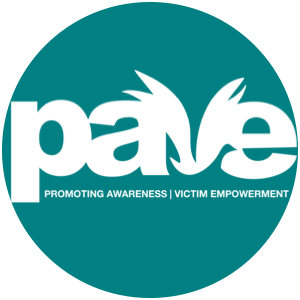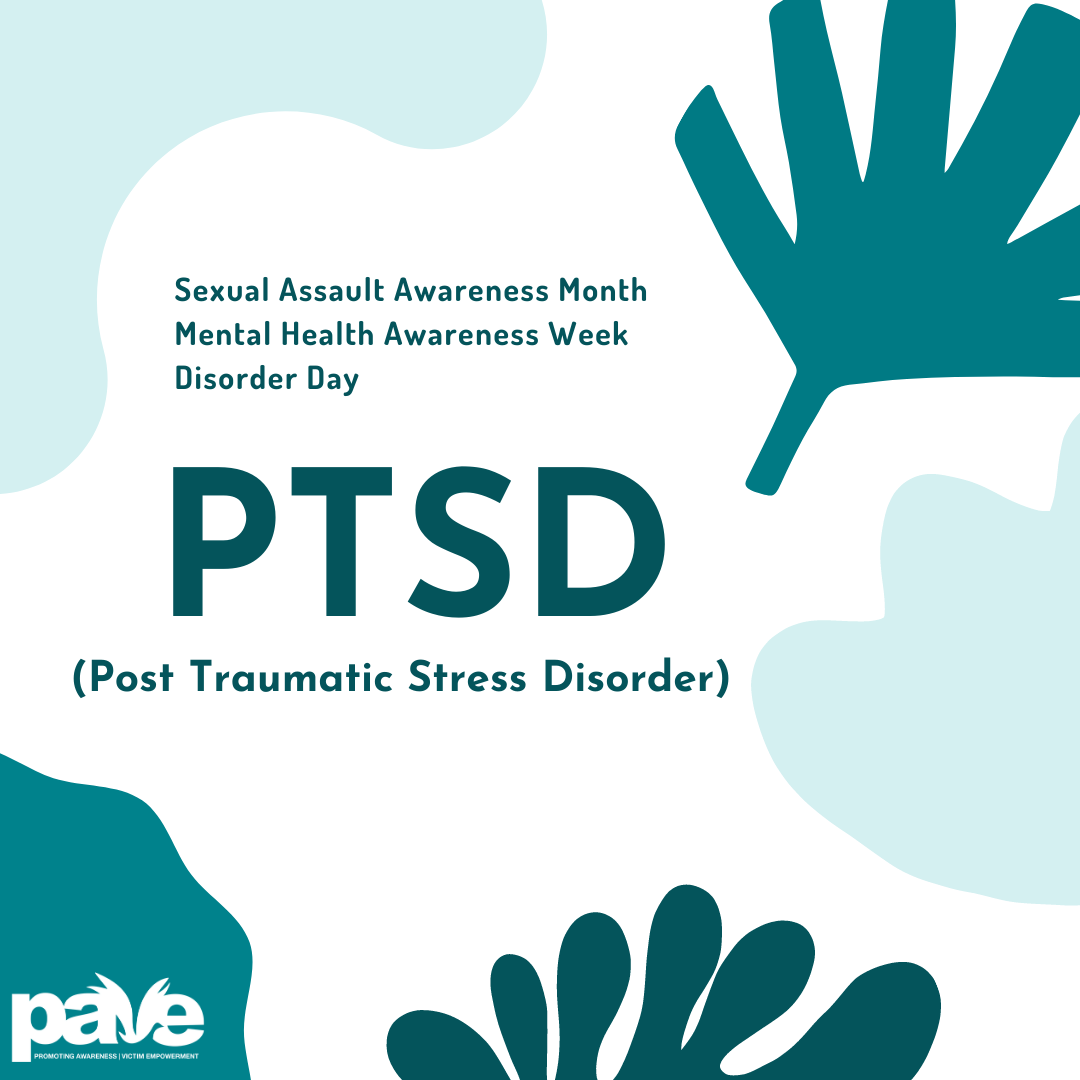
PTSD and Sexual Violence
PTSD is a psychological disorder often developed after experiencing a traumatic experience, including acts of sexual violence. NHS’s statistics shows us that 1 in 3 people develop PTSD after experiencing a traumatic event, leading to 80 million people with PTSD in any given year.
People with PTSD often exhibit symptoms like intrusive memories (including flashbacks), acts of avoidance (especially of the traumatic event), changes in physical and emotional reactions, as well as negative changes in thinking and mood. This includes trouble sleeping, feeling emotionally numb, hopelessness and being easily startled. However, these symptoms can be expressed in many different forms depending on the individual.
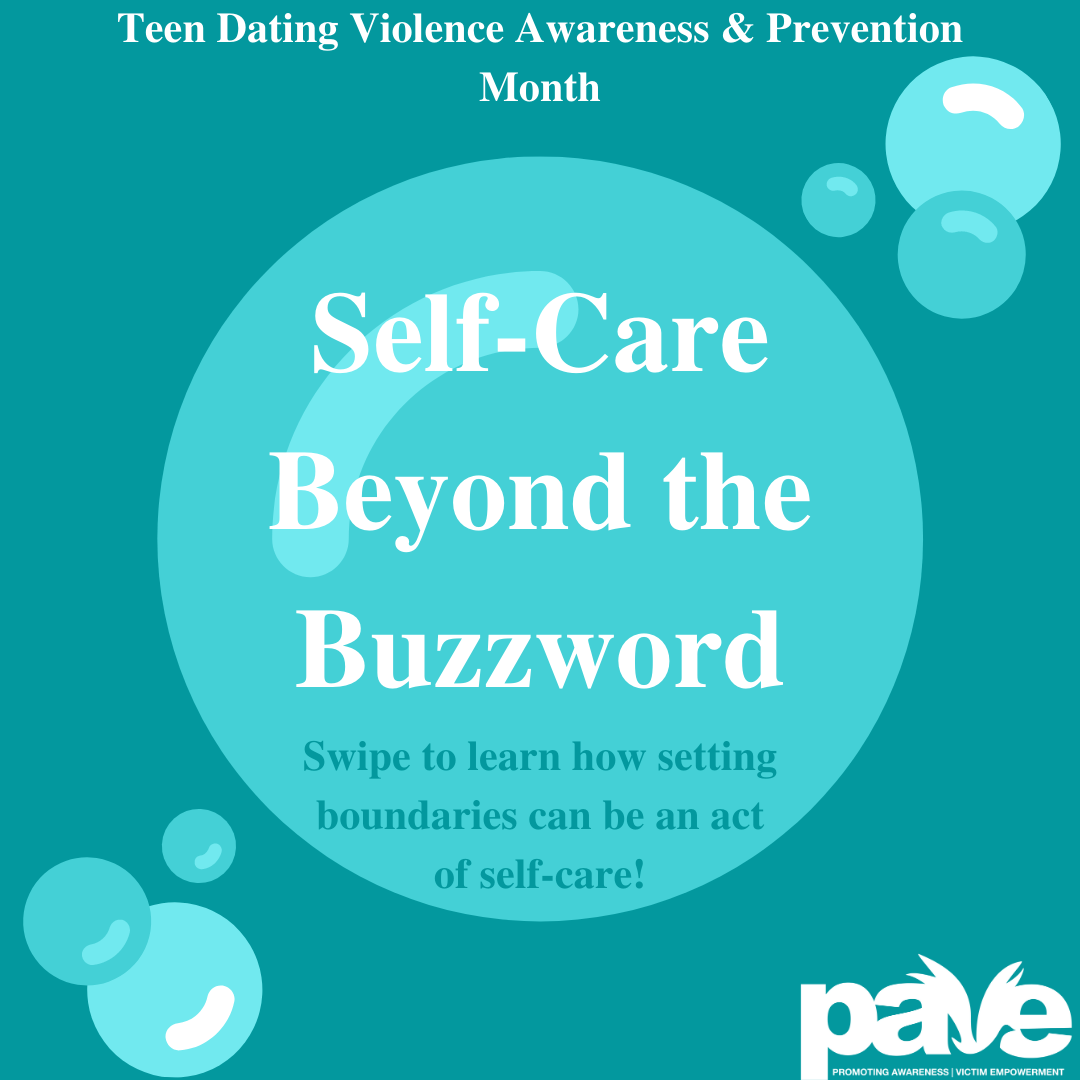
Self-Care Beyond the Buzzword
In recent years, “self care” has become a frequently used term in our everyday conversations. It’s a hot topic for social media influencers and users alike, spreading like wildfire on all forms of media sharing platforms. But are we using self care in the most accessible and sustainable way?
The general concept of self care focuses on the idea of taking care of oneself. On Instagram, this might look like filtered pictures of spa retreats, international vacations, encouragements of shopping sprees (#treatyourself) and luxury bath bombs or face masks, to name a few. While these activities can bring joy and certainly have their benefits, in the context of self care, they might only bring instant gratification on a superficial level.
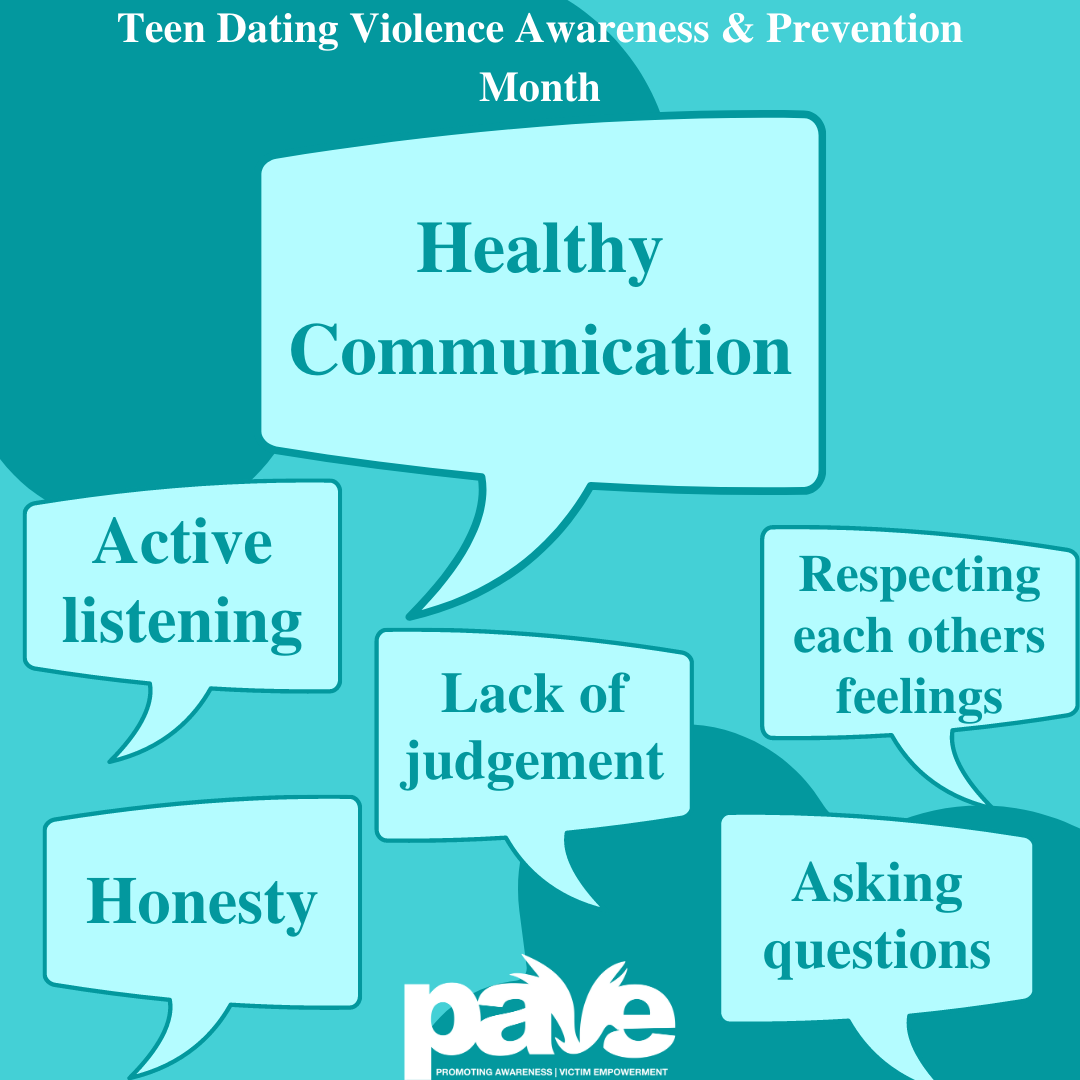
Healthy Communication
February is Teen Dating Violence Awareness and Prevention Month, and this week PAVE is doing a 5-day campaign to educate on this topic. Teen dating violence is a silent issue. Many feel as though dating violence does not start until college which is concerning as 1 in 11 female high school students and 1 in 15 male high school students have reported being physically abused by a dating partner in the past year (CDC).
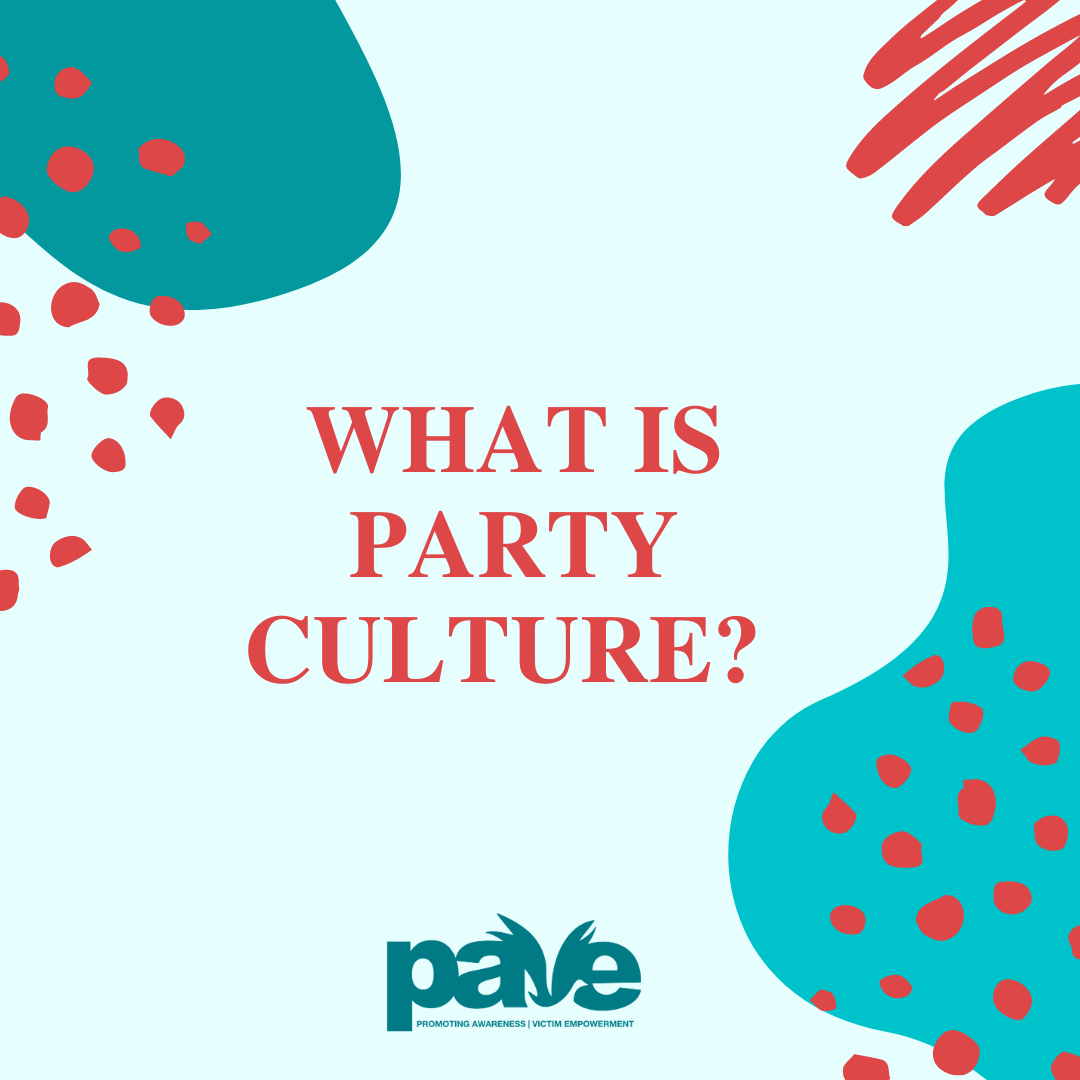
Red Zone: Party Culture
According to CSA study reports, more than half of incapacitated rapes reported by college women happen at parties. College party culture denotes the practice of substance use, binge drinking, hazing, and much more.
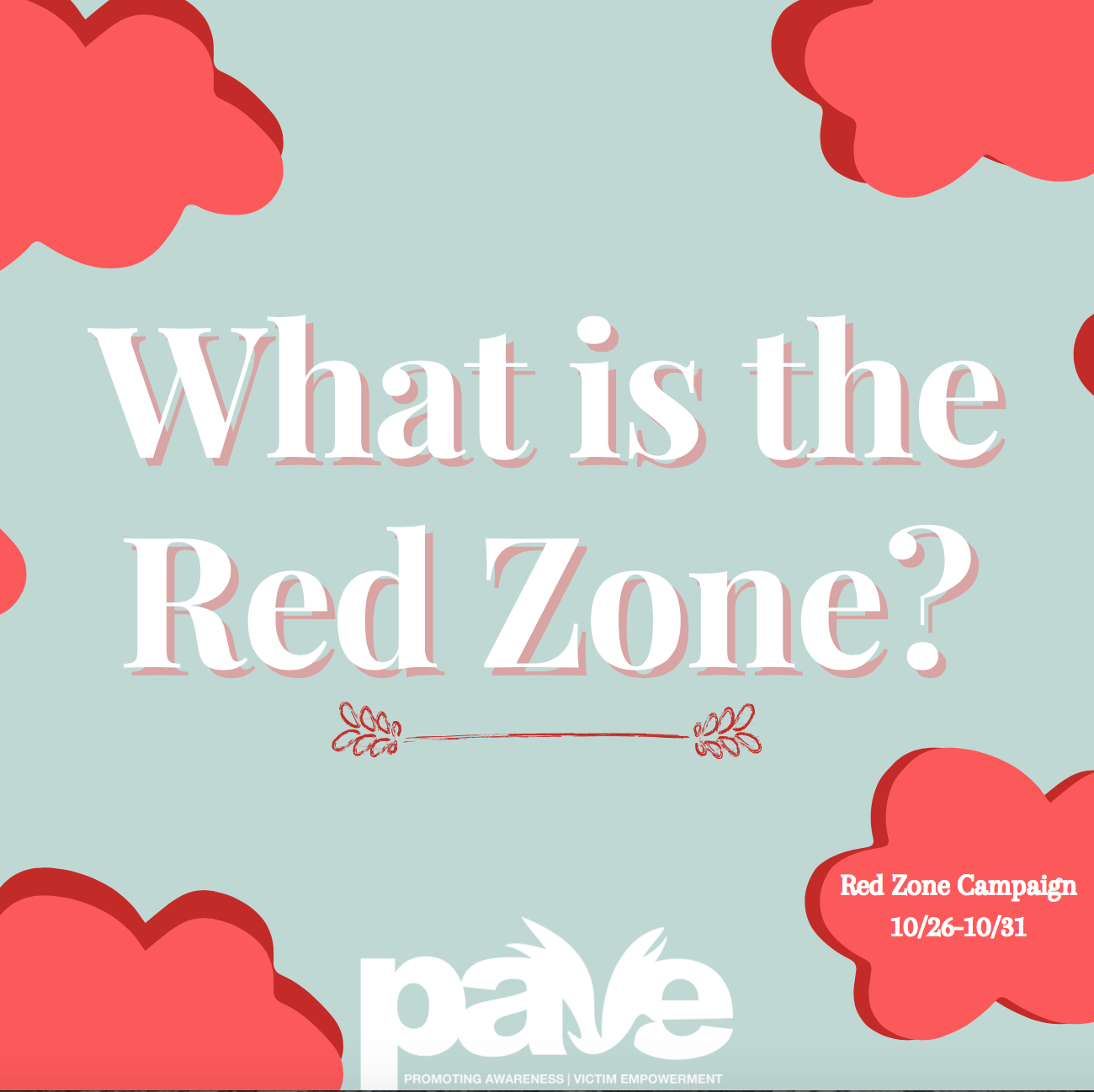
What is the Red Zone?
PAVE is launching the Red Zone Campaign, a national campaign to shatter the silence around college campus sexual violence, especially during the fall semester.
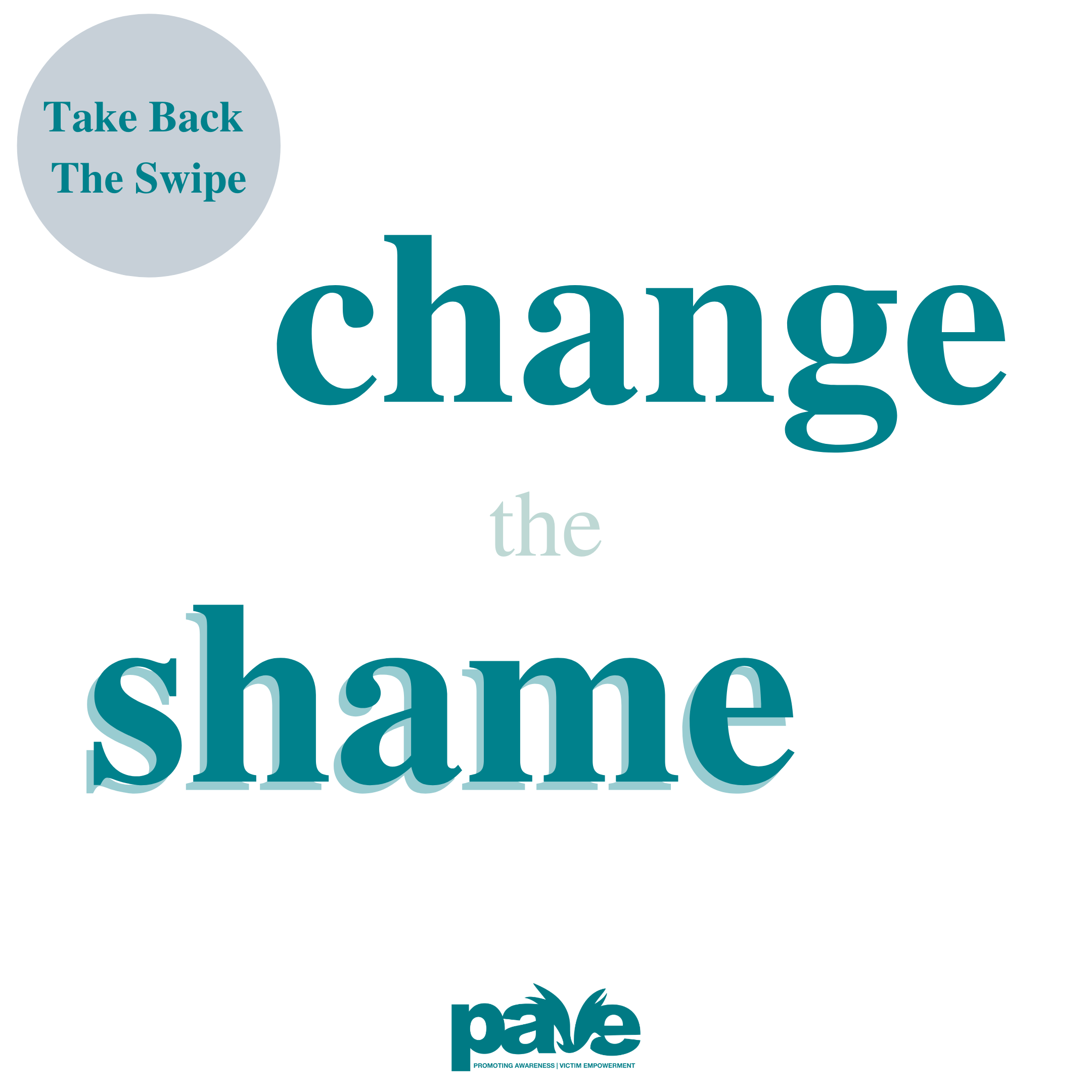
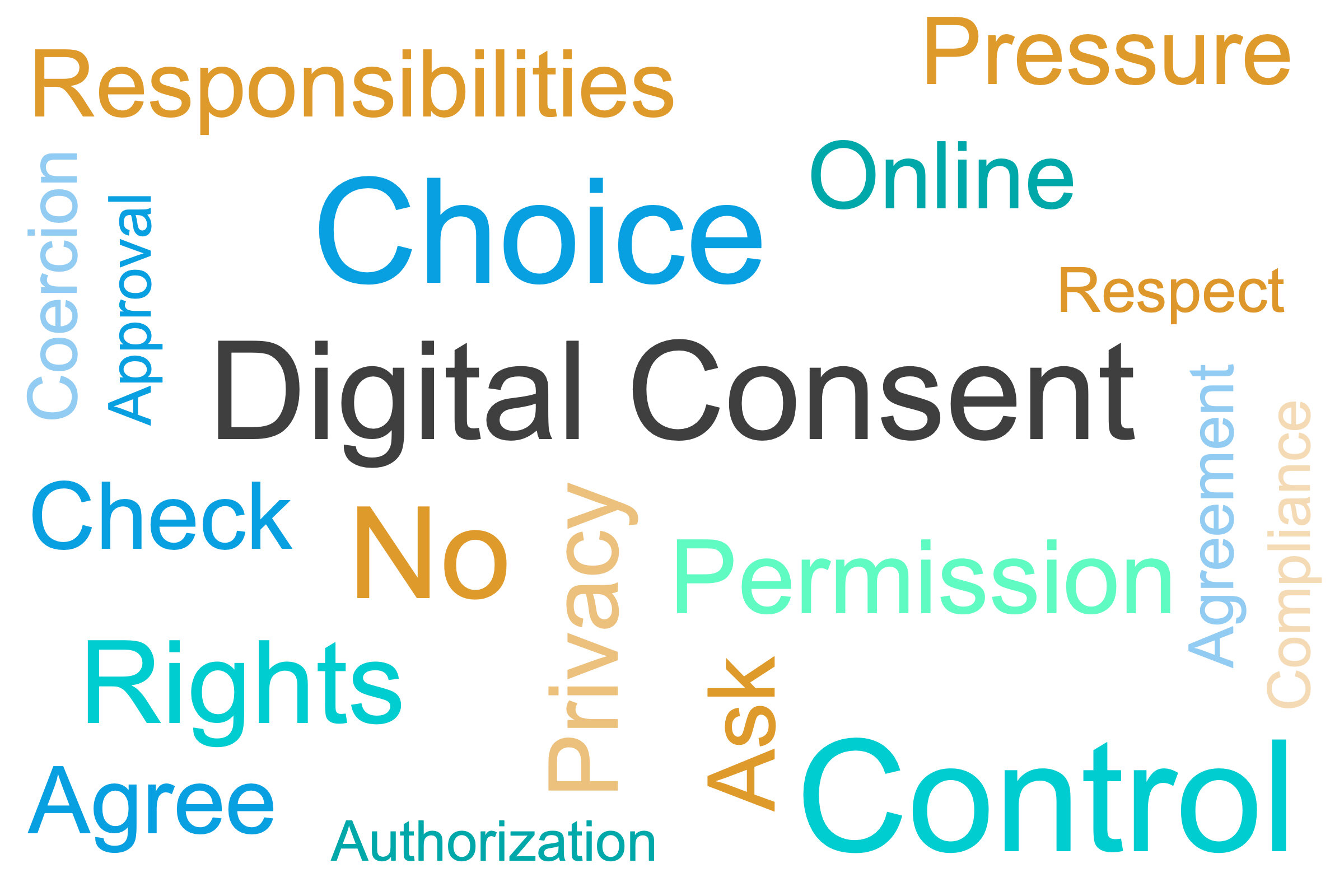
#TakeBackTheSwipe & Digital Consent
Today, dating app usage is at an all time high. As of January, 2020, an estimated 30 percent of all adults and 48 percent of Americans aged 18-29 have used dating apps in some capacity. This number shifts greatly with age and sexual orientation. Lesbian, gay, or bisexual adults are roughly twice as likely to have used dating apps compared to their heterosexual counterparts. (Pew Research Center, February 2020)

Healing as a Personal Journey
As survivors go through this journey of healing, it’s essential that the survivor focuses on themselves and what self-care and healing looks for them personally. PAVE believes that it is essential to empower survivors as they embark on their personal journey of healing. Please know that we believe you, and you are not alone. If you are in need of assistance, PAVE is here to support you.

